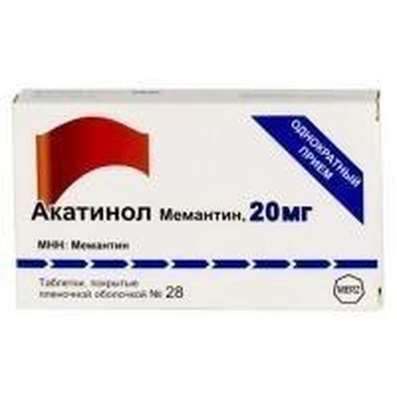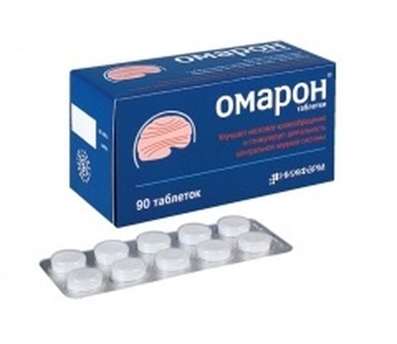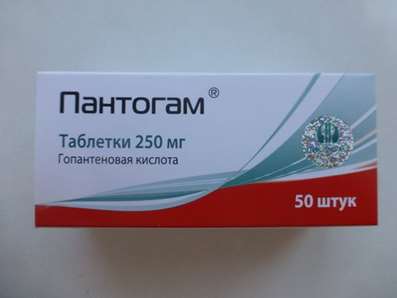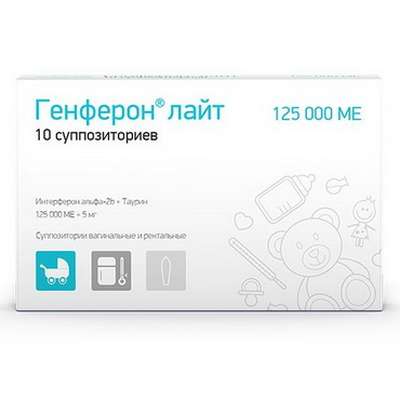Doctor Doping Shop
Alzepil 10mg 28 pills
USD 167.00
In stock
Be the first to review this item
Alzepil (Alzepyl) - is a specific and reversible inhibitor of acetylcholinesterase, which is the predominant type of cholinesterase in the brain. The drug inhibits this enzyme more than 1000 times stronger than butyrylcholinesterase, contained mainly outside the central nervous system. After a single dose at a dose of 5 mg or 10 mg, the inhibition of acetylcholinesterase activity measured in erythrocyte membranes was 63.6% and 77.3%, respectively. The inhibition of acetylcholinesterase in erythrocytes under the influence of donepezil correlates with the changes in the ADAS-cog scale (the scale of the evaluation of cognitive functions in Alzheimer's disease). The ability of Alzepil to change the course of concomitant neurological diseases has not been investigated. Thus, it can not be assumed that the drug affects the progression of such diseases.
Pharmacokinetics
Suction. Cmax donepezila in blood plasma after oral administration are reached after about 3-4 hours. Concentrations in plasma and AUC increase in proportion to the dose. T1 / 2 is approximately 70 hours and the systematic use of single doses leads to the achievement of an equilibrium state, which is achieved within 2-3 weeks after the initiation of therapy. In the equilibrium state, the donepezil concentration in the plasma and the corresponding pharmacodynamic activity vary slightly during the day. The intake of food does not affect the absorption of donepezil.
Distribution. Binding to plasma proteins - 95%. The binding of active metabolite 6-O-desmethyldonepezil to plasma proteins is not known. The distribution was not studied. Donepezil and / or its metabolites can persist in the body for more than 10 days.
Metabolism and excretion. Donepezil is metabolized in the liver by the cytochrome P450 system and is excreted mainly by the kidneys: approximately 57% of the administered dose was detected in urine (17% in unchanged form) and 14.5% in feces.
After a single dose of 5 mg, the concentration of unmodified donepezil in the plasma is 30% of the dose taken, 6-O-desmethyldonepezil is 11% (the only metabolite having similar activity with donepezil hydrochloride), donepezil-cis-N-oxide is 9% 5-O-desmethyldonepezil - 7% and glucuron conjugate 5-O-desmethyldonepezil - 3%.
Sex, race and smoking do not have a significant effect on the concentration of donepezil in plasma.
In patients with mild or moderate impairment of liver function, elevated Css of donepezil in blood plasma can be observed.
Indications:
Symptomatic treatment of mild to moderate Alzheimer's disease
Contraindications:
- hypersensitivity (including the derivatives of piperidine);
- pregnancy (see "Application in pregnancy and lactation");
- lactation period (see "Application in pregnancy and lactation");
- children under 18 years of age (due to lack of clinical data).
With caution: chronic obstructive pulmonary disease, bronchial asthma, cardiac arrhythmias, general anesthesia, gastric and duodenal ulcer, simultaneous administration of NSAIDs, cholinergic blockers or other cholinesterase inhibitors.
Special instructions:
Treatment should be prescribed and conducted by a specialist doctor who has experience in managing patients with dementia such as Alzheimer's. The diagnosis of the disease should be made in accordance with generally accepted criteria (for example, DSM IV, ICD 10). Treatment can be carried out only if there is a person able to control the intake of medicines. Treatment is carried out as long as there is a therapeutic effect that should be regularly evaluated. If there is no curative effect, the drug should be stopped. Individual reaction to therapy with Alzepil can not be predicted. After the drug is discontinued, its effect gradually and slowly disappears. Information about the withdrawal syndrome in the case of a sharp discontinuation of the drug is not.
Efficacy of alzepyl is not established in patients with severe dementia of the Alzheimer type, other types of dementia, or memory impairment (eg, with an age-related decline in cognitive function).
As an inhibitor of cholinesterase, Alzepyl can enhance the succinylcholine type of muscle relaxation in general anesthesia. It can also have a vagotonic effect on the heart rate (cause bradycardia). The possibility of such an action should be considered with weakness of the sinus node or other violations of supraventricular conduction, such as sinoatrial or atrioventricular block.
Cases of fainting and convulsions have been reported. When examining such patients, it is necessary to consider the possibility of having a blockade or a prolonged sinus stop.
Caution should be exercised in patients with an increased risk of ulceration (eg, patients with a history of peptic ulcer disease or taking non-steroidal anti-inflammatory drugs (NSAIDs)).
However, clinical studies donepezil in comparison with placebo did not reveal an increase in the incidence of peptic ulcers or gastrointestinal bleeding.
Cholinomimetics can cause obstruction of the bladder's mouth, although there is no such information in clinical studies done using donepezil hydrochloride.
It is suggested that cholinomimetics can cause generalized convulsions, but convulsions can also be a manifestation of Alzheimer's disease. Cholinomimetics can exacerbate or reduce extrapyramidal disorders.
Particular care should be taken when prescribing a patient with bronchial asthma or obstructive pulmonary disease in an anamnesis.
Do not take Alzepyl at the same time as other acetylcholinesterase inhibitors, agonists or antagonists of the cholinergic system.
There are no data on the use of the drug in patients with severe impairment of liver function. If the liver function is not clarified etiology, consider the possibility of abolishing Alzepyl.
Pediatric use
Safety and effectiveness of the use of Alzepyl in children has not been studied, so the drug is not recommended to assign this category of patients.
Suggested use:
Alzepil is used strictly according to the doctor's prescription!
The drug should be taken orally in the evening before bedtime. Adults and elderly patients the drug is prescribed in an initial dose of 5 mg once a day. Admission in an initial dose of 5 mg should be continued for 1 month to assess the early clinical effect of therapy and achieve an equilibrium concentration of donepezil. After a month, if necessary, you can increase to 10 mg per day (in 1 dose). The recommended maximum daily dose is 10 mg. Clinical studies with a dosage more than 10 mg / day were not performed.
In case of violations of the liver and kidneys, dose adjustments are not required.
In connection with the possible increase in exposure for mild or moderate liver dysfunction, the dose should be increased taking into account individual tolerability.
Side effects:
Nausea, diarrhea, headache, fainting, dizziness, insomnia, fatigue, hallucinations, agitation, aggressive behavior (which stop after a dose reduction or drug withdrawal), vomiting, upset stomach, urinary incontinence, rash, itching, muscle spasms, anorexia, colds, pain of different localization, a slight increase in the concentration of muscle krestininfosfokinazy in the blood serum, bradycardia, convulsive seizures, gastrointestinal bleeding, gastric and duodenal ulcer, sinoatrial and a trioventricular blockade, extrapyramidal symptoms, impaired liver function, including hepatitis.
Application in pregnancy and lactation:
Experience in the use of the drug during pregnancy and during lactation there. It is not known whether the drug is excreted in breast milk. Therefore, use during pregnancy is contraindicated, if necessary, taking the drug during lactation, it is necessary to resolve the issue of stopping breastfeeding.
Overdose:
Symptoms: cholinergic crisis (severe nausea, vomiting, drooling, sweating, bradycardia, arterial hypotension, respiratory depression, collapse and convulsions). There may be an increase in muscle weakness, which, if affected by the respiratory muscles, can lead to death.
Treatment: general supportive care should be given. As antidote used tertiary anticholinergic drugs, for example, atropine in the initial dose of 1-2 mg intravenously, then the dose is selected depending on the clinical effect. There is no data on the excretion of donepezil hydrochloride and / or its metabolites by dialysis (hemodialysis, peritoneal dialysis or hemofiltration).
Packaging:
- Comes in original packaging. Item is brand new and unopened.
Storage:
- Keep away from direct sunlight.
- Keep locked and away from children.
- Store in dry place at room temperature.
- Do not exceed storage temperature higher than 25 C
Important notice- the outer box design may vary before prior notice!
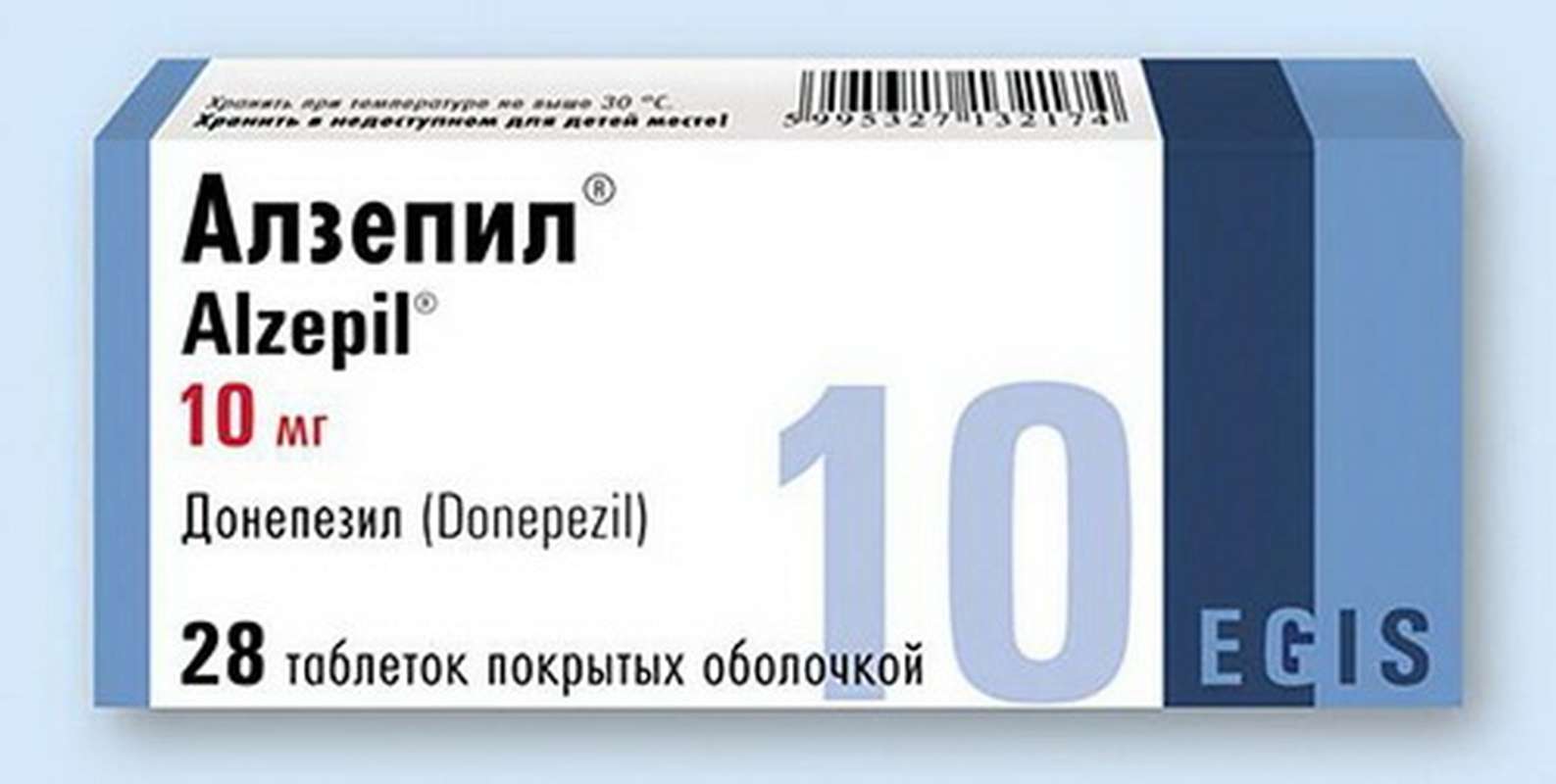
Related products


 Cart
Cart
